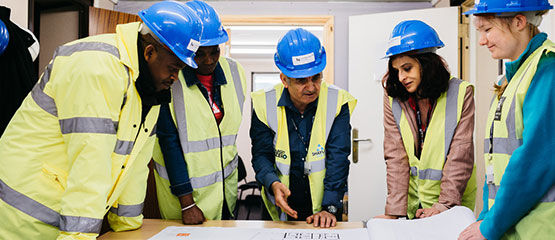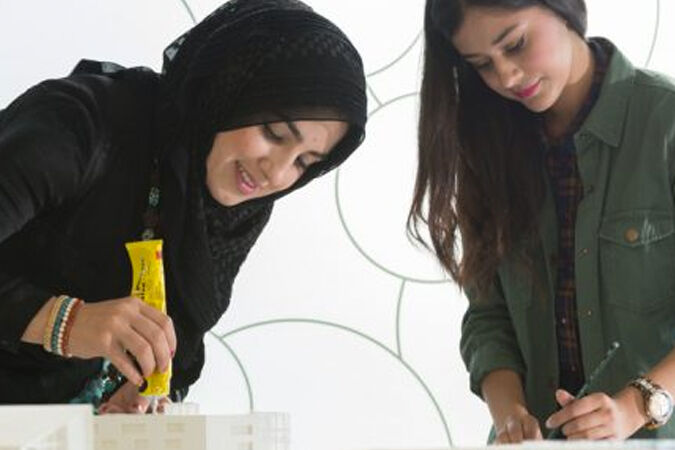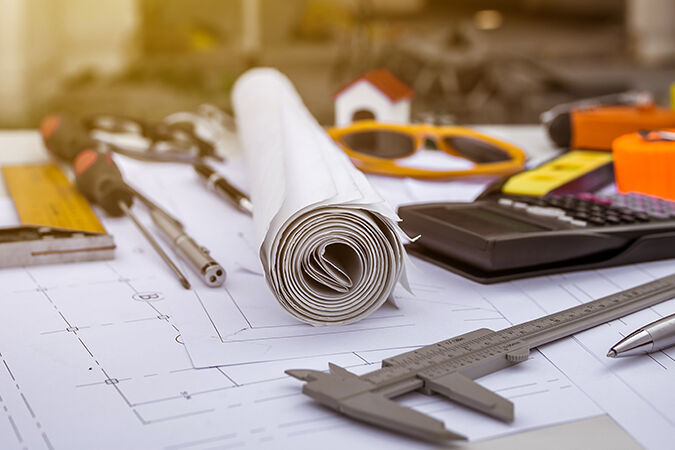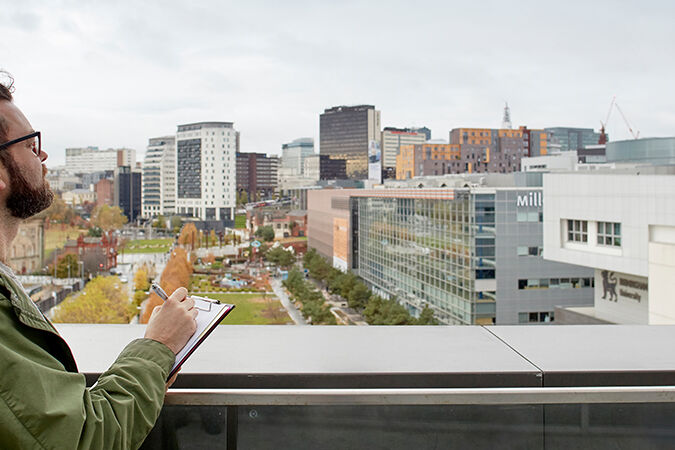
Blog Article

An innovative research report by the Property, Planning and Policies Research Group at Birmingham City University highlights how new technology can help us design sustainable and attractive urban environments where communities want to live, play and work; this is referred to as ‘Placemaking’.
Professor of Real Estate, Dr. David Higgins, tells us more about Placemaking and its significance for the design of modern urban spaces.
What is Placemaking?
Advances in technology in the 21st century are changing how society is structured and operating. Attention is focusing on efficient and effective ways to use digital and other technologies to help shape urban landscapes to meet evolving community demands, and create centres and neighbourhoods where people actually want to live, play and work. This interconnection is remaking – or making new – urban space to be more attractive, distinctive and valuable. This is the essence of Placemaking.
Why was this research report put together?
Placemaking looks beyond traditional property and planning to combine contemporary features such as connectivity, sustainability, generational change and governance within the urban environment. Persisting and new challenges were documented and researched by academics to provide industry stakeholders with a better understanding of the key issues, trends and debates in order to demonstrate the range and interconnectedness of the challenges we face in creating a better place, and to offer solutions.
How does this research benefit Built Environment students at BCU?
As innovation drives the urban landscape, students need to understand how these changes are effecting the built environment. The articles in this report provide a multi-faceted approach so that both undergraduates and postgraduates can better understand the key issues and debates we face in creating better places. The articles in this report detail core placemaking processes and practices which offer debates around what constitutes a place.
What opportunities are there for me to get involved in Placemaking?
This research has identified more questions that need to be considered, which could inform future academic and student research. The end of the report lists questions which are linked to placemaking ideas to create better living and working places for all.
You can read the full research report here.





